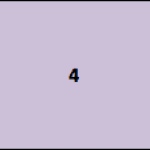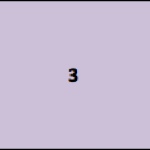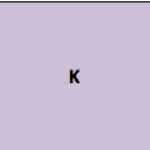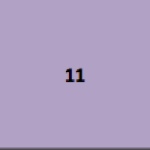Information
-
Audit Title
-
Document No.
-
Client / Site
-
Conducted on
-
Prepared by
-
Location
-
Personnel
Reading Literature
-
Refer to details and examples in a text when explaining what a text says or infers.
-
Determine a theme of a story, drama, or poem from details in the text; summarize the text.
-
Describe in depth a character setting or events in a story or drama, drawing on specific details in the text.
-
Determine the meaning of words and phrases as they are used in a text, including figurative language such as metaphors and similes.
-
Explain major differences between poems, drama, and prose, and refer to the strucural elements of poems and dramas.
-
Compare and contrast points of view from different stories including the difference between first- and third-person narrations.
-
Make connections between the text of a story or drama and a visual or oral presentation of the text, identifying where each version reflects specific descriptions and directions.
-
Compare and contrast the treatment of similar themes and topics and patterns of events in stories, myths, and traditional literature from different cultures.
-
Read and comprehend literature of appropriate complexity.
Reading Informational Text
-
Refer to details and examples in a text when explaining.
-
Determine the main idea of a text and explain how it is supported by key details.
-
Explain events, procedures, ideas, or concepts in a historical, scientific, or technical text, based on specific information.
-
Determine the meaning of general academic and domain-specific words or phrases in a text relevant to a grade 4 topic or subject area.
-
Describe the overall structure of events, ideas, concepts or information in a text or part of a text.
-
Compare and contrast a firsthand and secondhand account of the same event or topic; describe the differences in focus and information provided.
-
Interpret information presented visually, orally, or quantitatively and explain how the information contributes to an understanding of the text.
-
Explain how an author uses reasons and evidence to support particular points in a text.
-
Integrate information from two texts on the same topic in order to write or speak about the subject knowledgeably.
-
Read and comprehend texts appropriate for grades 4-5.
Foundational Skills
-
Know and apply grade-level phonics and word analysis skills in decoding words.
-
Read with sufficient accuracy and fluency to support comprehension.
Writing
-
Write opinion pieces on topics or texts, supporting a point of view with reasons and information.
-
Write informative/explanatory texts to examine a topic and convey ideas and information clearly.
-
Write narratives to develop real or imagined experiences or events using effective technique, descriptive details, and clear event sequences.
-
Use technology to produce and publish.
-
Develop and strenghten writing as needed by planning, revising, and editing.
-
Produce clear and coherent writing in which development and organization are appropriate to task, purpose, and audience.
-
Conduct short research projects that build knowledge through investigation of different aspects of a topic.
-
Recall relevant information from experiences or gather relevant information from print or digital sources; take notes and categorize information and provide a list of sources
-
Draw evidence from literary or informational texts to support analysis, reflection, and research.
-
Write routinely over extended time frames and shorter time frames for a range of discipline-specific tasks, purposes, and audiences.
Speaking and Listening
-
Engage effectively in a range of group discussions with diverse partners on grade 4 topics and texts, building on other's ideas and expressing their own clearly.
-
Paraphrase portions of a text, read aloud or information presented in diverse media and formats, including visually, quantitatively and orally.
-
Identify the reasons and evidence a speaker provides to support particular points.
-
Report on a topic or text, tell a story, or recount an expierence in an organized manner, using appropriate facts and relevant, descriptive details to support main ideas or themes; speak clearly at an understandable pace.
-
Add audio recordings and visual displays to presentations when appropriate to enhance the development of main ideas or themes.
-
Differentiate between contexts that call for formal English and situations where informal discourse is appropriate; use formal English when appropriate to task and situation.
Language Standards
-
Demonstrate command of English grammar and usage.
-
Demonstrate command of English capitalization, punctuation, and spelling.
-
Clarify the meaning of unkown and multiple0meaning words and phrases based on grade 4 reading and content, choosing flexibly from a range of strategies.
-
Demonstrate understanding of figurative language, word relationships, and nuances in word meanings.
-
Acquire and use accurately grade-appropriate general academic and domain-specific words and phrases, including those that signal precise actions, emotions, or states of being and that are basic to a particular topic.
-
Use knowledge of language and its conventions when writing, speaking, reading, or listening.










